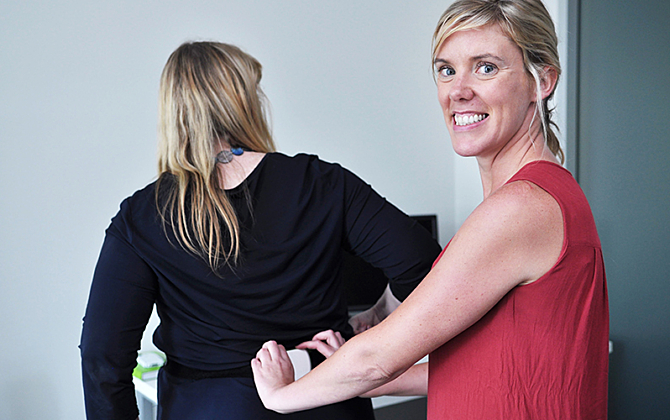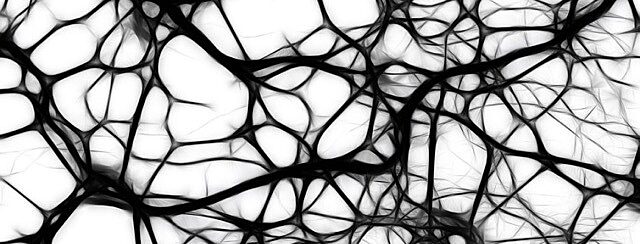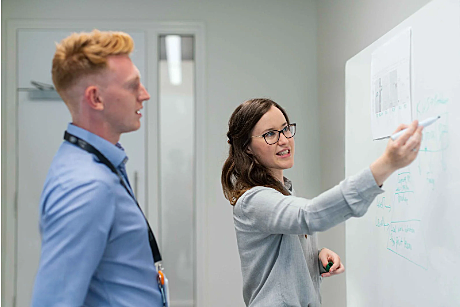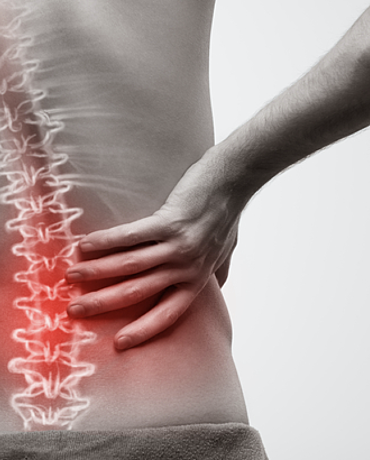Back pain
By better understanding the underlying causes of back pain, our goal is to develop better treatments and preventative measures to improve the quality of life for individuals suffering from this common and often debilitating condition.
By better understanding the underlying causes of back pain, our goal is to develop better treatments and preventative measures to improve the quality of life for individuals suffering from this common and often debilitating condition.

Most people with non-specific back pain recover within six weeks. Staying active, getting informed and avoiding bed rest usually speeds up recovery. However, many people continue to experience chronic low back pain for months or even years and some are unable to continue their work.
In general, non-drug interventions such as exercise, cognitive behaviour therapy and mindfulness are recommended for the management of chronic low back pain rather than drug and surgical approaches. However, non-drug interventions for chronic low back pain still offer limited effects to reduce pain and disability.
NeuRA aims to understand why some people with low back pain do not recover and develop chronic low back pain. We are also developing and testing new interventions to prevent and treat chronic low back pain.
Through our RESOLVE trial, we have been investigating the effectiveness of new non-drug treatment programs for people suffering from chronic low back pain. Research shows that there are changes in the brain when someone has pain for a long period of time. It is believed that these changes make recovery from pain slower and more difficult. Using the knowledge of the brain and how it changes with pain, researchers at NeuRA developed two new treatment programs for chronic low back pain.
Every dollar of community support enables our scientists to continue making life-changing discoveries that contribute to a brighter and healthier future.
Run, swim or bake your way to making a positive difference in the lives of people touched by brain and nervous system disorders.
Stay informed about our latest research breakthroughs, scientific discoveries and the incredible minds behind them – subscribe today.
Neuroscience Research Australia respectfully acknowledges the Bidjigal and Gadigal peoples of the Eora Nation as the Traditional Owners of the Land on which we stand and pay our respects to Elders past and present.
Redevelopment of the NeuRA website has been made possible by the generous support of Conexus Financial.










